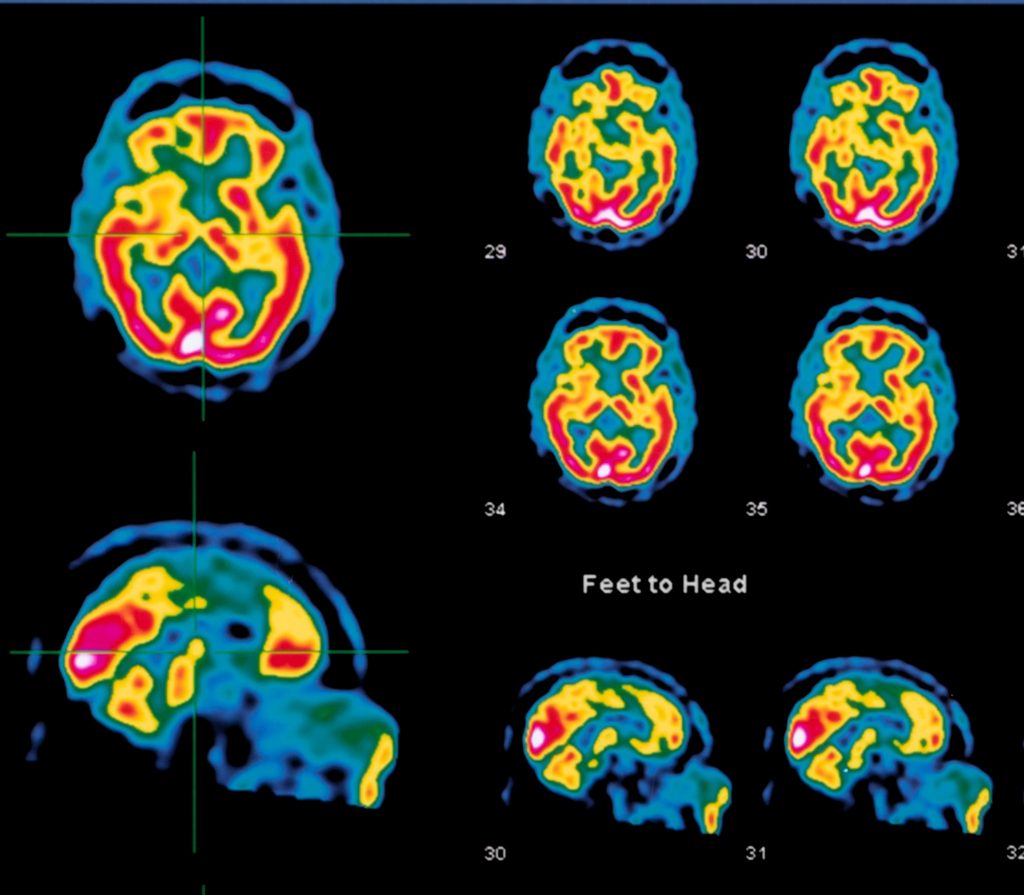Study: What if mental health is really brain health?

A new brain imaging study based on over 30 years of clinical psychiatric practice shows that mental health should be viewed as brain health.
The study analyzed nearly 200,000 brain SPECT scans from tens of thousands of patients at Amen Clinics.
SPECT (single photon emission computed tomography) is a functional brain imaging technology with strong evidence for use in diagnosing dementia, traumatic brain injuries, complex neuropsychiatric issues, treatment-resistant disorders, cerebrovascular disease, and seizures.
Despite the science supporting it, SPECT remains underutilized in psychiatry with only a small percentage of psychiatrists utilizing it in the clinical setting. In fact, psychiatry remains the only medical field that does not typically look at the organ it treats.
The study’s lead author Daniel G. Amen, MD, says brain SPECT imaging provides valuable biological information that helps psychiatrists ask better questions to get to the root causes of mental health issues.
In particular, the new study appearing in Frontiers in Psychiatry outlines seven specific clinical applications for brain SPECT imaging that can help identify a wide variety of issues related to psychiatry such as: mood instability, ADHD, cognitive decline, obsessive compulsive disorder, posttraumatic stress disorder (PTSD), substance abuse, exposure to toxins, infections (Lyme disease), traumatic brain injury, and more.
On a broader scale, Dr. Amen says SPECT offers a new path forward for the field of psychiatry.
“Adding neuroimaging tools like SPECT to day-to-day clinical practice can help move psychiatry forward by transforming mental health care, which can be stigmatizing and often shunned by the general public, to brain health care,” says Dr. Amen. “Viewing problems of the mind as medical, not moral, is more likely to be embraced by the people who need help.”
SOURCE OF PRESS RELEASE: Amen Clinics




















We invite you to comment on our Facebook page.
Visit LymeDisease.org Facebook Page